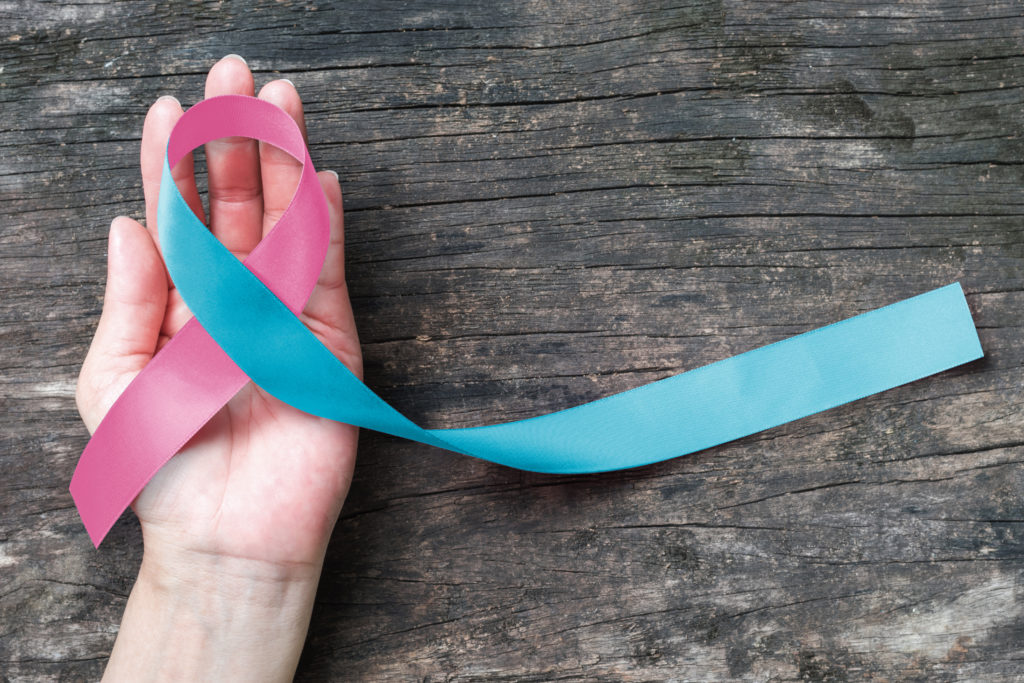It’s Time to Dispel the Myths Surrounding Miscarriage
I did what I knew I shouldn’t do. I peeked below the line. I looked at the comments to an article about baby loss and a public figure. It was horrible, a real viper’s nest of spite with little empathy or compassion. This is by no means an isolated incident.
Who the public figure is, is not important. The important point is how she was treated. I questioned whether I should mention this person’s name, but I wanted to keep politics out of it and highlight how criticism of this sort affects all those who have suffered loss whether they are in the public eye or not.
A lot of the bile was directed at the timing of her disclosure. Why now? Why go public after all these years of silence? What did she hope to gain from this?
In ‘going public’ she had explained why. Over the years she had been subject to speculation and criticism for being childless. As a woman that had lost her baby in a miscarriage this was hurtful and by speaking about it she hoped to take on the stigma around baby loss and tackle some of the assumptions made about childless women.
The comments came in a flood of bile and manufactured outrage. In doing so they highlighted why many don’t talk about baby loss.
Some very familiar themes emerged that will be familiar to many parents that have lost their baby. Others are specific to public status.
Here’s a selection of just a few of the quotes that utterly astounded me.
1: “Why now? Why at all?”
The reason given is very clear that her decision was made in response to the frequent speculation about her worth as a childless woman and whether she had sacrificed her chance to be a mother for her career.
This is not something many male counterparts in her line of work will ever have to face.
There is no good time to tell people. Largely due to the sort of responses you are likely to receive (a number of which I highlight below). This isn’t just related to status/career but any number of other ordinary events that happen on the way: birthdays, weddings, anniversaries… Someone building up the courage to speak about their experience will be acutely aware of all of these and the potential accusations of being an attention seeker or thunder stealer.
Making assumptions about a person’s character based on whether they have children or not is deeply hurtful and unnecessary. Sometimes not having a child is a choice but there are other times when that choice is taken away.

2: “My way of grieving is the only way of grieving”
This one surprised me probably because I’ve found such a supportive community here. This one is a brutal inversion of the ‘no right way’ to grieve doctrine.
I had a miscarriage and it’s a private matter that I didn’t feel the need to talk about.
Aside from the point of specifically leaving a comment about your miscarriage on a public website is doing exactly that, this commenter seems to feel that her way of dealing with loss is the only way.
If that’s the way they choose to handle it then that is a matter for them and not anyone else. The important thing is that this is about choice. Parents that suffer a loss should be able to speak about it if they want to and are ready to or not out of choice without fear of reprisals or judgment.
3: “This is a private matter. It’s not the done thing to talk of such things.”
Why? The commenter here takes this as fact. Again, for you it may not be the done thing but circumstances differ for everyone. Statements like this make no allowance for questioning why it is ‘not the done thing’ or the impact of that not so subtle pressure to keep quiet about loss.
It’s hard enough going through a miscarriage. It’s harder still when the general silence surrounding miscarriage prevents women from speaking about their pain, opting instead to suffer in silence. Sadly, 79% of women say they feel like a failure after losing their baby, and 67% say they feel they can’t even talk to their best friend about their experience.
Grief can be incredibly isolating and when people are unable to talk of their loss for fear of judgment it can have lasting impacts on relationships between partners, families and friends. Often it is only when we speak of our loss that we discover how many of our close friends and family have gone through similar experiences, and did so alone.
4: “It’s been 5 years, move on!”
Why is she talking about something that happened over half a decade ago?
This is another myth about grief played out: The idea that grief has a shelf life. That all the hopes and dreams that came with that baby and all the stories of what it would have been like are nullified at their death. That there are no constant or surprise reminders of the life that could have been. There is no recognition that half a decade represents a significant milestone for someone that has lost their baby.
The same charge could be leveled at me. It’s coming up to five years since we lost our sons and it’s taken me four years to reach the point where I can write about it and its continuing effect on our lives.

Rather than armchair psychology let’s look at what the research has to say:
“… 60-70% of grieving mothers in HICs reported grief-related depressive symptoms they regarded as clinically significant 1 year after their baby’s death. These symptoms endured for at least 4 years after the loss in about half of the cases.”
“The concept of ‘perinatal bereavement’ encapsulating the unique experiences of parents immediately after loss or the death of an infant, was only recently recognised by professionals.
This phenomenon describes a complex emotional response, most commonly expressed through grief, with no specified time frame.”
5: “25% of pregnancies end in miscarriage. It can’t have been a surprise.”
Statistics can be useful but they are famously bad at being used to console people at a time of loss. When used in this way they feed the perception that baby loss is inevitable (and by extension, acceptable) as well as simultaneously undermining personal grief.
If someone tells us that they were involved in a car accident that wasn’t their fault or their child was killed in an accident most people don’t chip in with helpful road traffic statistics about the likelihood of injury or death. If a grandparent dies we don’t quote mortality rates to their widow/er. So why do it with baby loss?
This is how you use statistics:
Pregnancy loss is devastating. Tommy’s was started by two obstetricians who were frustrated with the scale of pregnancy loss in the UK.
1 in 4 women lose a baby during pregnancy or birth.
Each day:
2,127 babies are born
10 babies are stillborn
684 babies are miscarried
152 babies are born preterm.
This is unacceptable.
Note the last sentence. This is crucial. Just because something happens frequently does not make it inevitable. We don’t have to accept those numbers we can seek to change them through action and raising awareness to reduce the likelihood of it occurring, and to help those where it couldn’t have been prevented.
The use of statistics to minimise loss is bad enough but the commenter takes it one step further by saying given that there were so many risk factors in this circumstance, it could not have come as a surprise that the pregnancy ended in miscarriage.
Surprise has nothing to do with it. By their own admission, a staggeringly high amount of pregnancies do not result in a healthy bouncing baby. Does it then follow that no woman should try for a baby? Even if it wasn’t a surprise, how would that in any way minimise the impact of loss?
I was gently chided for talking about my fears that the risk factors involved in a twin pregnancy may mean that we could lose our sons. Do you think I took any joy in having my worst fears confirmed? Some risk factors are outside of our control and it is cruel to use them to punish someone for losing their baby.
6: “If it really mattered that much she could have tried for another.”
Babies are not fungible. A live baby does not replace a dead one. There is no magic reset button to erase the hopes and dreams and future that they didn’t get to live. Nor should there be.
This comment also completely misses how difficult a pregnancy after a loss can be. The innocence is gone. Any joy is replaced by fear that it will happen again. Scans become a source of anxiety. It’s not all rainbows and unicorns.

This type of comment was also followed by another gem:
‘When my wife miscarried, we got over it and had another baby and moved on’
Good for you. You did what was right for you as a couple (I hope you really did and that this isn’t based on a woeful misreading of your wife’s feelings) and you were lucky enough to have a child following loss. This doesn’t happen for everyone.
It’s called #miscourage for a reason
Part of tackling stigma and taboo is facing it head on. The responses above illustrate the more extreme end of reaction to miscarriage but many will face variations of those sentiments.
Tommy’s #miscourage campaign is exactly about that. It’s about tackling the stigma and taboo around miscarriage so that people can talk about their experiences, so that it doesn’t have to be a private matter, and so there can be greater awareness of the effects of miscarriage, so that there can be more support when it can’t be prevented.
It’s also about taking on the myths about ‘having another’ and arbitrary grief time limits. It’s not about being a special snowflake. Those quoting statistics can see how often these tragedies occur. It’s about more understanding and compassion. It’s about how sometimes in the decision to be a mother there is no choice at all.
(This article first appeared in its original form on Shoebox Full of Memories)
(Note from The Editor: If this article has affected you and you feel the need to talk to someone about your experience, please don’t keep it inside. Visit www.tommys.org for more information about who you can talk to.)








